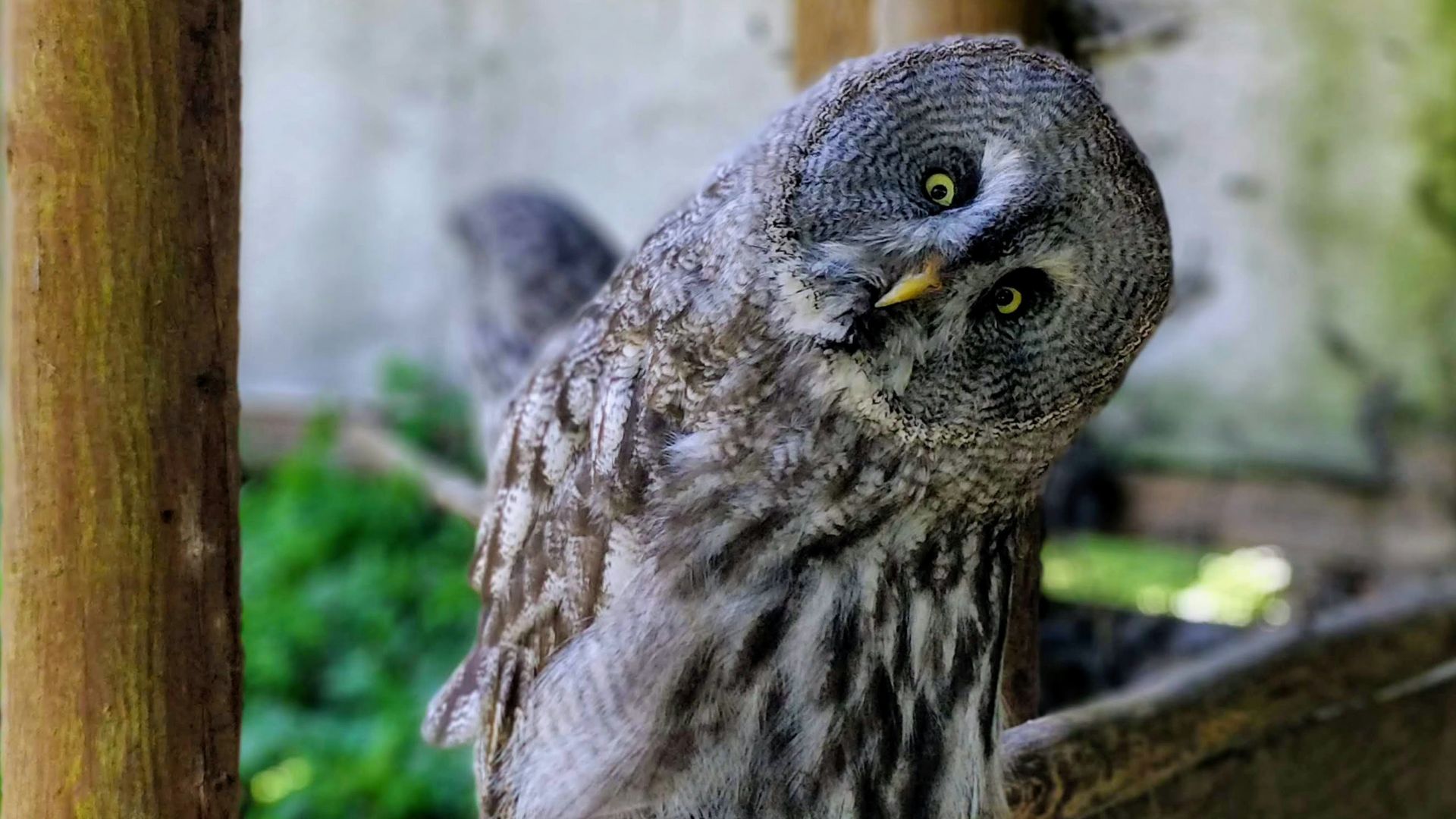20 Things People Who Are Natural Leaders Do Without Thinking
Are You Destined For Leadership?
Natural leaders aren't born with a manual; the habits that set them apart are, for the most part, purely instinctual. However, that doesn't mean they can't be learned or perfected over time by the rest of us. From staying calm under pressure to inspiring confidence in others, here are 20 behaviors that reveal the subtle ways great leaders think, act, and influence without even realizing it.
1. Lead By Example
Without putting much thought into it, natural leaders don't lounge around while their team gets work done; they motivate others through example. They're self-disciplined do-ers.
2. Treat Everyone Fairly
Natural leaders tend to have a strong moral compass. They're impartial to their teammates and treat everyone with the same high level of respect.
3. Take Accountability
Natural leaders own up to their mistakes. They're used to being responsible for more than just themselves and would never let one of their team take the fall for them.
 Antoni Shkraba Studio on Pexels
Antoni Shkraba Studio on Pexels
4. Anticipate Problems
Because they're naturally solutions-oriented big picture thinkers, leaders tend to see multiple steps ahead and anticipate problems before they arise. Their keen observation skills and emotional intelligence help them do this.
5. Adapt to Change
Leaders understand how quickly everything can change and that clinging to the past will only stunt progress. They also tend to be curious and open-minded, which allows them to embrace change more easily.
6. Stay Calm Under Pressure
Natural leaders can detach ego from outcome, which helps them think logically rather than emotionally in high-stakes moments. Instead of giving in to panic, their team mindset enables them to focus on solutions because they know if they lose control, everyone else will, too.
7. Make Decisions Quickly
Leaders are acutely aware that indecision breeds uncertainty and that acting with confidence is sometimes more important than making perfectly correct choices all the time. If it's the wrong choice, they're confident in their ability to change course later.
8. Listen Before Speaking
Natural leaders are in the habit of listening intently before speaking. They don't pretend to know everything, and are aware that different members of the team can bring value. What's more, they listen to everyone, not just people in high-level positions.
9. Delegate Effectively
A good leaders know leadership isn't about micromanaging and doing everything, it's about empowering others. They trust their team and play to their strengths.
10. See The Bigger Picture
Natural leaders tend to be big-picture people. They think beyond the present moment, can see the whole system or mission as a whole, and how each decision can affect it.
11. Speak With Purpose
Leaders understand the weight their words carry. They don't talk to fill silence; they think about the impact their words will have, and they speak with intent.
12. Diffuse Tension
Leaders aren't necessarily serious all the time, either. If they were, they'd risk having low morale. Their high emotional intelligence allows them to sense tension in the room, and they know how to lighten the energy, often with humor.
13. Encourage Feedback
Good leaders never shy away from feedback. They're highly self-aware and growth-focused, so they not only encourage feedback but seek it out without looking unsure of themselves or weak.
14. Protect Their Team
Natural leaders always protect their team. They see their role not as a status, but as a service, and shield their people from unnecessary blame and external pressure, advocating for them when needed.
15. Keep Promises
A good leader is honest. They know the value of trust and reliability, and as such, don't commit to things lightly, and only promise what they can actually deliver.
16. Persevere
Leaders don't give up easily or shy away from challenges. They can stay focused on the goal, even in the toughest of times, and this inspires others to persist, too.
17. Stay Curious
Good leaders know that continuous learning is key to growth and that curiosity drives innovation. They stay open-minded and adapt their ideas when new information arises.
18. Praise Others
Good leaders give praise where praise is due. They know that recognition fuels motivation, loyalty, and morale, and feel authentically joyful when someone else does something great.
19. Communicate Transparently
Good leaders have integrity, and they know that openness builds trust. They keep their team informed, even if the truth isn't easy, and they communicate with clarity to prevent confusion and align efforts.
20. Challenge Others
Leaders inspire their team to reach higher by setting clear expectations and leading by example. This doesn't happen through harsh criticism or punishment, but through support and constructive feedback.



























